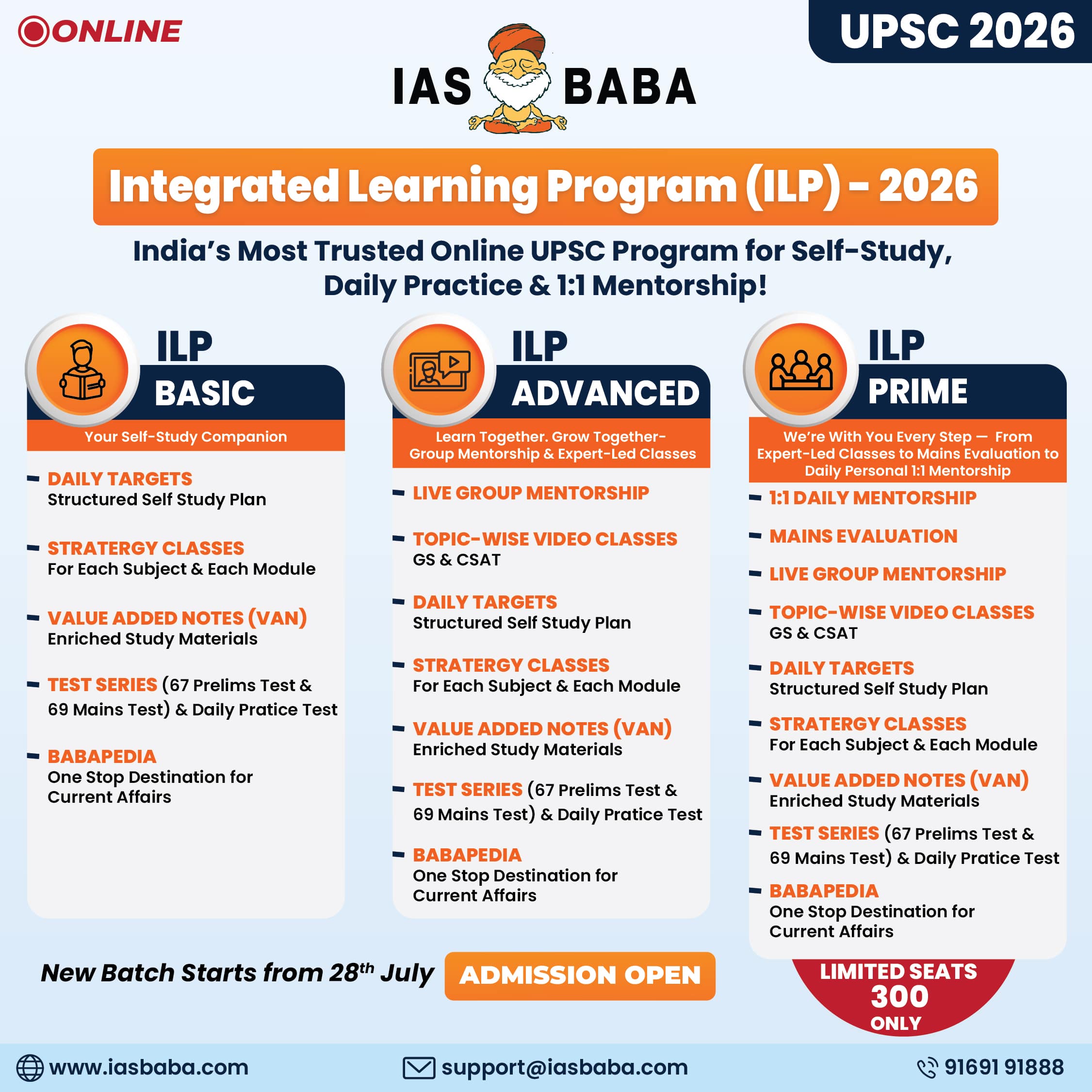UPSC Articles
INTERNATIONAL/ SECURITY
Topic: General Studies 2,3:
- India and its neighbourhood relations
- External Security threats to India
Delhi and complex geopolitics of Pashtun lands
Context: USA has called on India to open a political conversation with the Taliban. There was also a signal from the Taliban that it is eager for a productive relationship with India
Taliban- A brief history
- Taliban – considered as Terror organisation in Indian Diplomatic circles- is a conservative religiously orthodox political organisation which uses violence as strategy to achieve its objectives
- Taliban which was ousted from power by US in 2001 has been engaged in a civilian war against Afghanistan government (ally of US)
- US troops stationed in Afghanistan since 2001 has been losing ground to Taliban and wants an exit from country.
- The recent US-Taliban deal has emboldened Taliban and given it an international recognition and legitimacy
India and Taliban
- India has historically sided with Northern Alliance- an opposition to Taliban.
- Due to Taliban’s close nexus with Pakistan’s ISI, India is strategically opposed to it
- Some argue that there is no reason for Delhi to join the international trend to embrace the Taliban, in the wake of US-Taliban deal
- They argue that when the Taliban becomes a peaceful entity and joins the quest for a political settlement with Kabul,Delhi should have no objection to direct talks.
Should India have direct talks with Taliban?
- The question of Delhi opening a dialogue with the Taliban is a tactical issue focused on when, how and on what terms.
- But the Taliban remains an important sub-set of the larger and more strategic Pashtun question that holds the key to India’s enduring interest in Afghanistan
What is India’s interest in Afghanistan?
- Promoting a peaceful, independent and a sovereign Afghanistan that is not a subaltern to the Pakistan army.
- This ensures a safer regional environment and better prospects for Indian trade to Central Asia & Europe through Afghanistan
What is Pashtun issue in Afghanistan?
- The Pashtuns constitute nearly 42 per cent of the population.
- The sizeable Afghan minorities include 27 per cent Tajiks, 9 per cent each of Hazaras and Uzbeks.
- The Taliban, an essentially Pashtun formation, had brutally crushed the minorities during its brief rule in the late 1990s.
- The core of stability in country is reconciling the interests of multiple ethnic groups in Afghanistan especially between Pashtuns and minorities
- The problem of constructing internal balance in Afghanistan has been complicated by Pakistan’s meddling, which is driven by unreasonable fear and ambition.
Complicated relationship between Pakistan & Pashtuns – Opens a Strategic space for India
- Pashtuns who are majority in Afghanistan (need their support for Pakistan’s influence) are however minority in Pakistan (clashes with Pakistan’s majority)
- The Pashtun population is estimated to be around 15 million in Afghanistan and 35 million in Pakistan.
- Although Pashtun separatism has long ceased to be a force in Pakistan, Islamabad finds the Pashtun question re-emerge in a different form.
- Also, the Taliban has never endorsed the Durand Line as the legitimate border with Pakistan
- A stronger Taliban will push Pashtun Nationalism across the border
Conclusion
- Delhi can’t escape the complex geopolitics of the Pashtun lands.
- That the Taliban wants to talk to India and Pakistan brands Pashtun leaders as Indian agents only underlines Delhi’s enduring salience in Afghanistan.
- Also, those calling for direct engagement with the Taliban say that Delhi can’t ignore such an important force in Afghan politics
Connecting the dots:
- Operation Enduring Freedom
- Rise and decline of ISIS- Role of International Coalition














